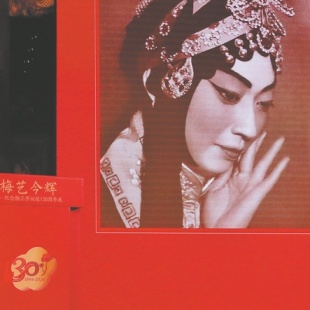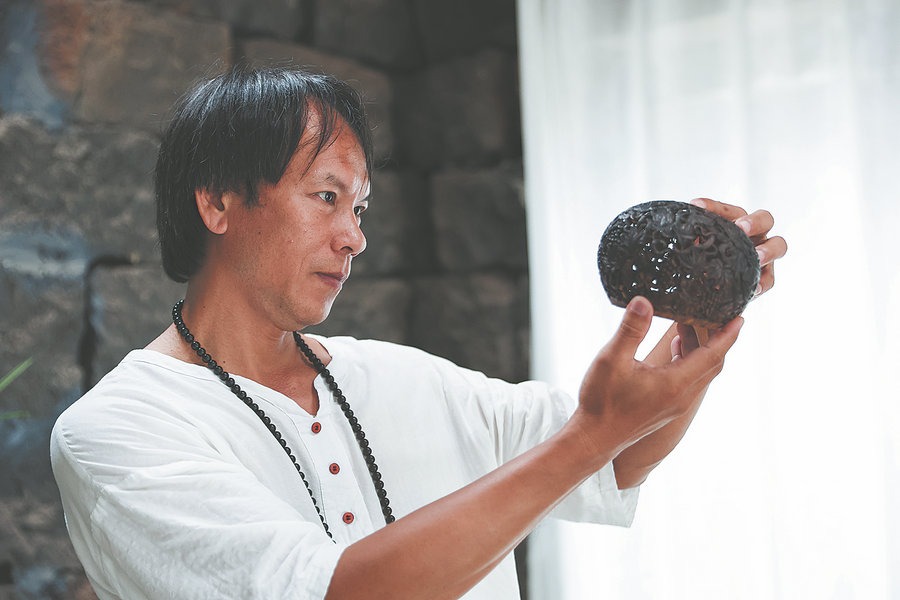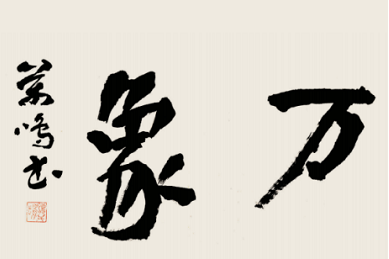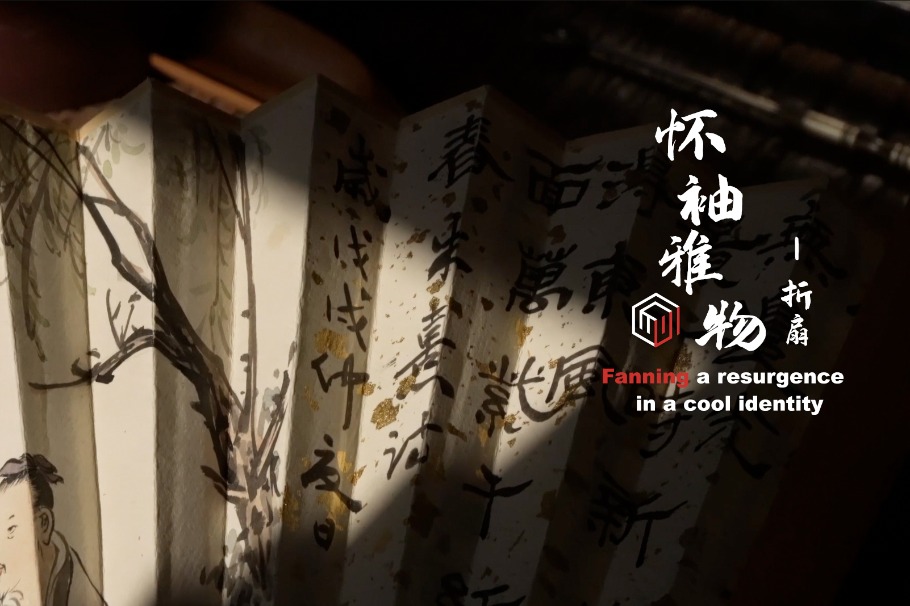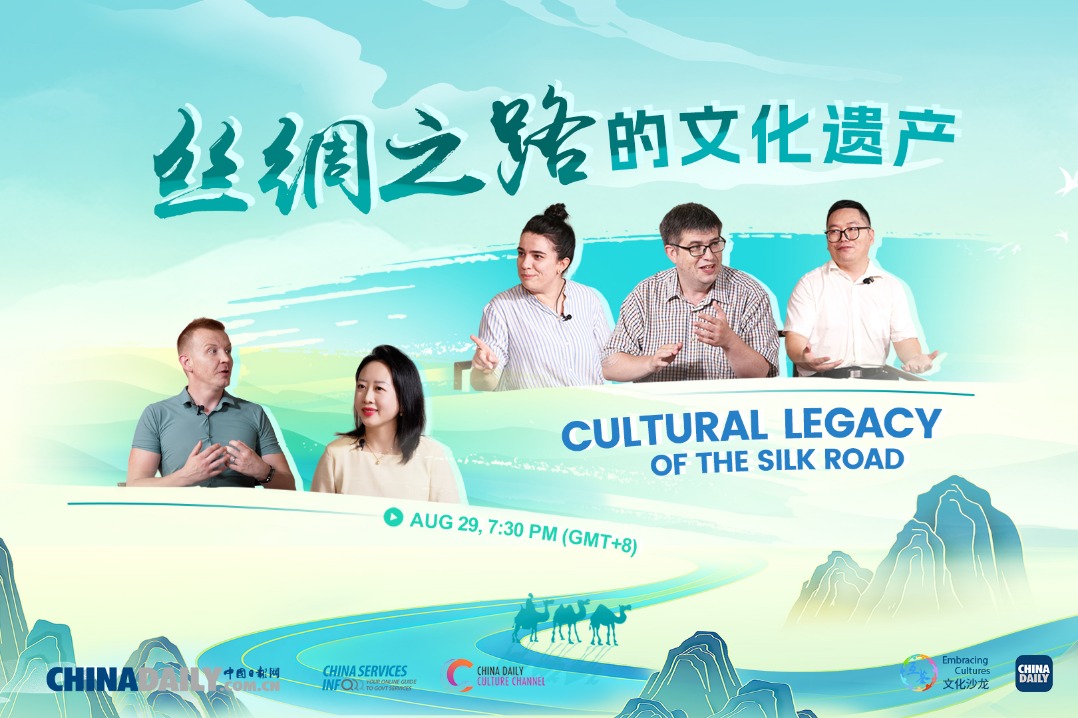Tribute to Peking Opera master's genius

Exhibition marks 130th birthday of Mei Lanfang, whose legacy continues to resonate, Chen Nan reports.
Amid the grand halls of the China Intangible Cultural Heritage Museum, a splendid tribute unfolds to commemorate the 130th birthday of Mei Lanfang (1894-1961), the master of Peking Opera whose life and artistry continue to resonate profoundly within Chinese culture and beyond.
From old photos to Peking Opera costumes, from paintings to vinyl records, this retrospective exhibition running from July 23 to Oct 23 celebrates Mei's illustrious career as well as delving deep into his early influences, his pioneering efforts in promoting Peking Opera globally and the enduring legacy he forged.
Peking Opera, or jingju, is a 200-year-old art form that combines singing, dancing, acrobatics and martial arts. In 1790, when four Huiju Opera troupes visited Beijing as part of the 80th birthday celebrations of Emperor Qianlong (1711-99) of the Qing Dynasty (1644-1911), they stayed in the capital. Huiju Opera is a traditional opera form from Anhui province, out of which Peking Opera was later born.
Largely influenced by Huiju Opera, Peking Opera began to formally take shape around 1840, rapidly growing as an art form appealing to royal families and the masses.


